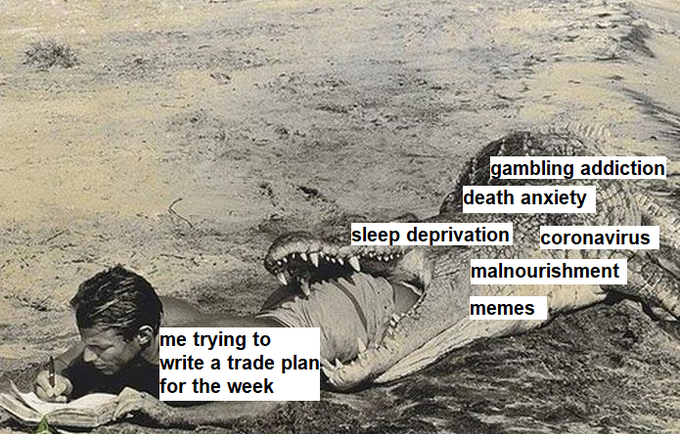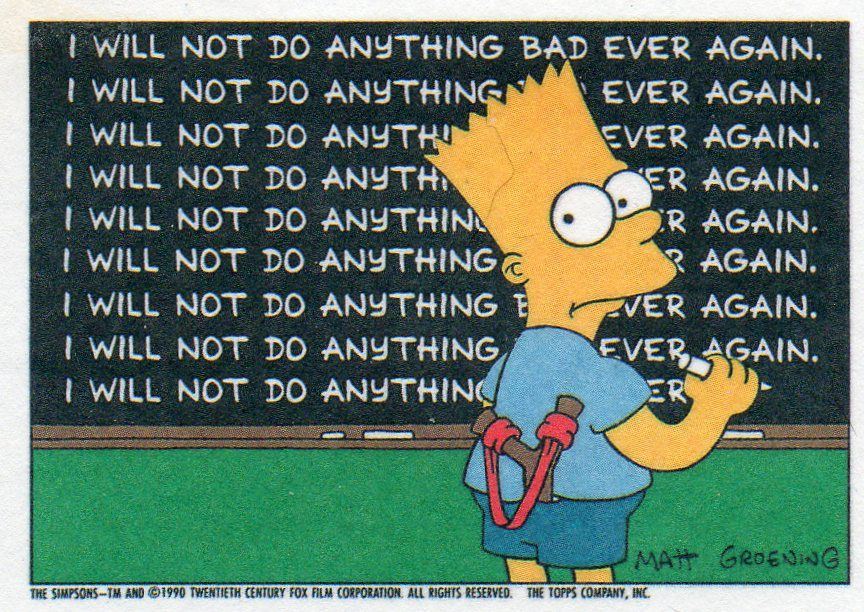1/ should newer traders stick to trading the higher timeframes?
thread
thread

2/ there are a couple of obvious practical reasons why this might be a good idea
but while trading on the lower timeframes comes with its own set of psychological challenges (overtrading / addiction being one)
it's important not to confuse trade timeframe with trade frequency
but while trading on the lower timeframes comes with its own set of psychological challenges (overtrading / addiction being one)
it's important not to confuse trade timeframe with trade frequency
3/ you don't always have to be trading, but it's important to accumulate experience and you're not going to get that if you're waiting for the monthly close to risk 1% on a 2:1 that might take weeks to play out
4/ approach learning to trade like you would learning to play an instrument or training for a sport
it requires the development of process and the integration of skill, and that takes ITERATIONS
it requires the development of process and the integration of skill, and that takes ITERATIONS
5/ everyone has also read that trading on the higher timeframes is "higher probability"
but what does that mean?
but what does that mean?
6/ i'm confident that it pays to pay attention to levels derived from the higher timeframes (more on the reason why in the vid below)
7/ but i suspect that big swings just feel like they have a higher chance of working out because it takes more time for you to find out you're wrong
8/ the benefit of being a retail trader is that you can trade intraday volatility (what you might call "noise")
so why not build your edge around a process which doesn't involve you making predictions about where bitcoin is going two months down the line?
so why not build your edge around a process which doesn't involve you making predictions about where bitcoin is going two months down the line?
9/ some more thoughts on this here ()
but for me it's far less stressful and for newer traders I would recommend you question some of the more common advice on trading and think about what's actually best for you
but for me it's far less stressful and for newer traders I would recommend you question some of the more common advice on trading and think about what's actually best for you

 Read on Twitter
Read on Twitter



